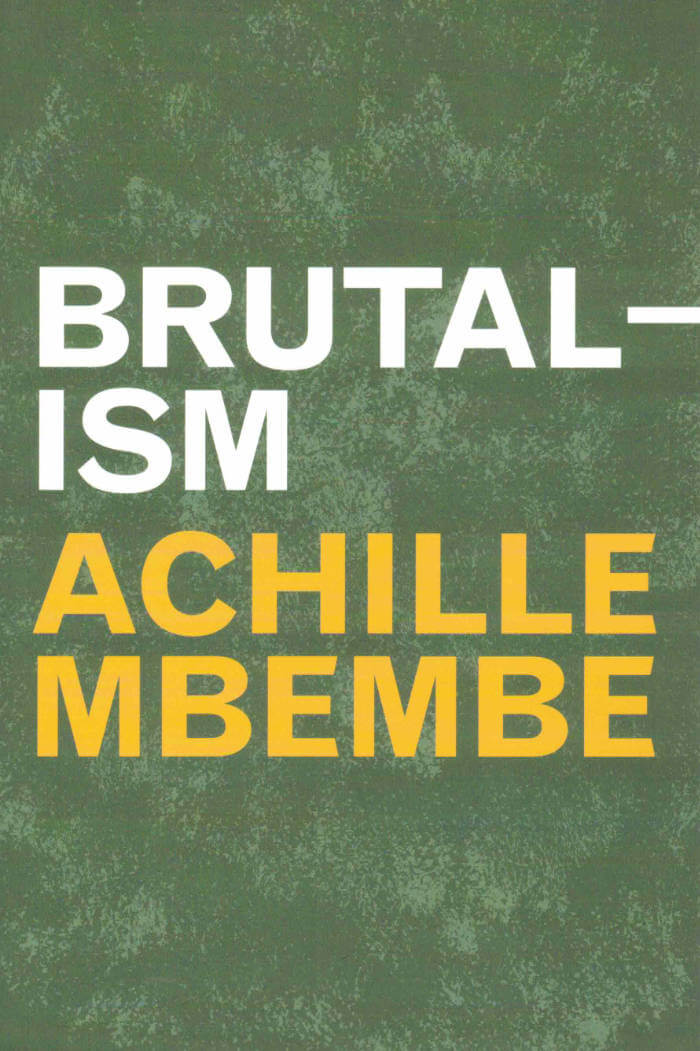
Mélancolie Postcoloniale
Dans cet essai au verbe acéré, Paul Gilroy dénonce la pathologie néo-impérialiste des politiques mises en œuvre dans les pays occidentaux, sclérosés par les débats sur l’immigration, et propose en retour un modèle de société multiculturelle. De la création du concept de « race » à la formation des empires coloniaux, le sociologue britannique soulève quelques grandes questions de notre époque, et vise à faire émerger une réelle alternative aux récits édulcorés de notre passé colonial. En choisissant de mettre en avant la convivialité et le multiculturalisme indiscipliné du centre des grandes métropoles, Paul Gilroy défend une vision cosmopolite inclusive et plaide pour l’avènement d’une société qui refuse de céder aux discours de la peur et à la violence.
En examinant l’invention de catégories hiérarchisantes fondées sur la notion de race, et ses terribles conséquences, il démontre comment les écrits de penseurs tels que Frantz Fanon, W. E. B. Du Bois ou George Orwell peuvent encore faire avancer les réflexions sur le nationalisme, le postcolonialisme et les questions raciales. Mélancolie postcoloniale fait écho aux luttes postcoloniales d’aujourd’hui, en quête d’une pensée critique exigeante.







